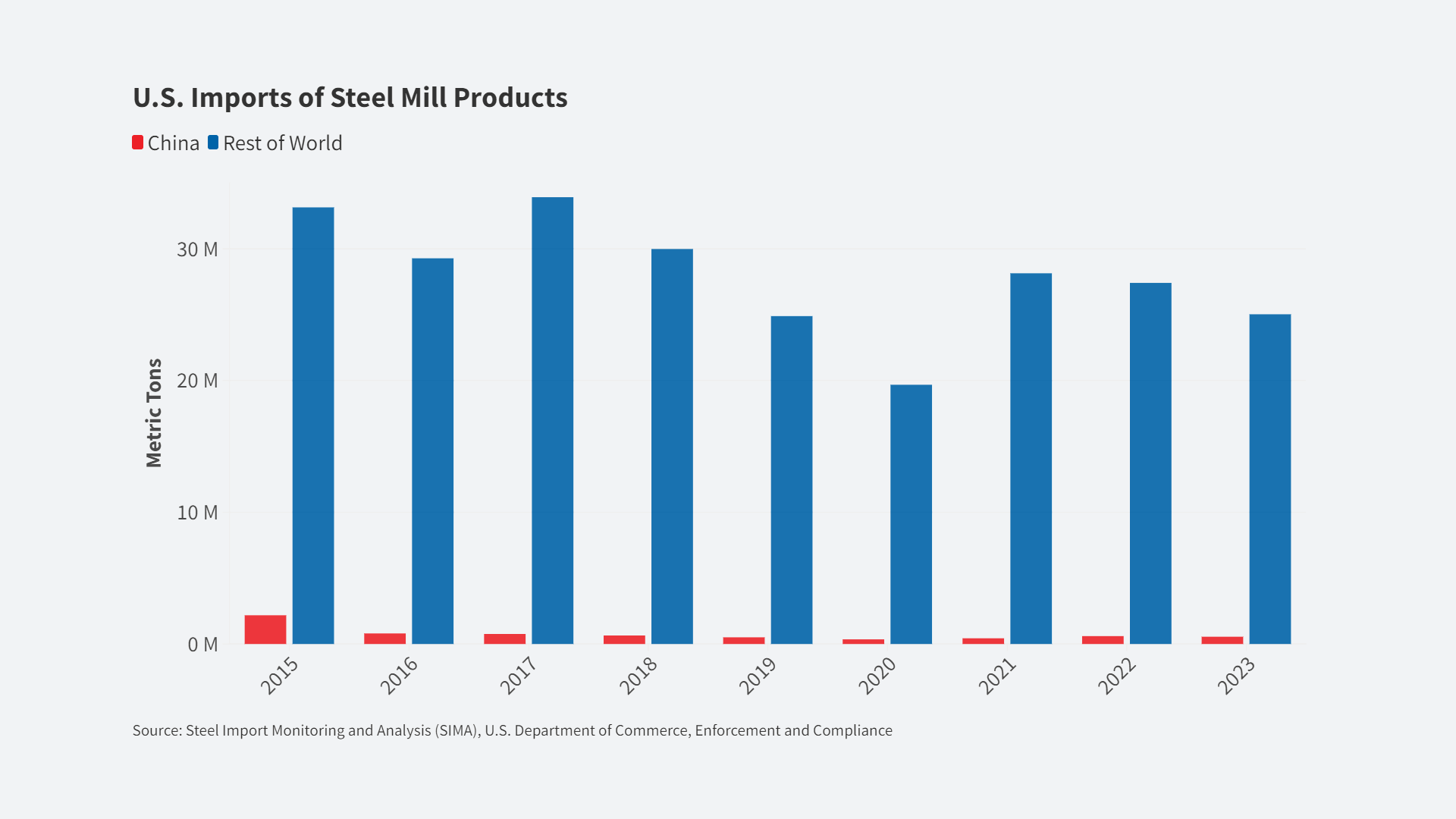By
July 31, 2017 7:09 p.m. ET
Unfortunately, many governments across the globe have pursued policies that put American workers and businesses at a disadvantage. For these governments, President Trump and his administration have a clear message: It is time to rebalance your trade policies so that they are fair, free and reciprocal.
Many nations express commitment to free markets while criticizing the U.S. for what they characterize as a protectionist stance. Yet these very nations engage in unfair trading practices, erect barriers to American exports, and maintain significant trade surpluses with us. They argue that our $752.5 billion trade deficit in goods last year was simply a natural and inevitable consequence of free trade. So, they contend, America should have no complaints.
Our major trading partners issue frequent statements regarding their own free-trade bona fides, but do they practice what they preach? Or are they protectionists dressed in free-market clothing?

When it comes to trade in goods, our deficits with China and the EU are $347 billion and $146.8 billion, respectively. As the nearby chart shows, China’s tariffs are higher than those of the U.S. in 20 of the 22 major categories of goods. Europe imposes higher tariffs than the U.S. in 17 of 22 categories, though the chart does show that the EU and China are much different regarding tariff rates.
The EU charges a 10% tariff on imported American cars, while the U.S. imposes only a 2.5% tariff on imported European cars. Today Europe exports 1.14 million automobiles to the U.S., nearly four times as many as the U.S. exports to Europe. China, which is the world’s largest automobile market, has a 25% tariff on imported vehicles and imposes even higher tariffs on luxury vehicles.
In addition to tariffs, both China and Europe enforce formidable nontariff trade barriers against imports. Examples include onerous and opaque procedures for registering and gaining certification for imports; unscientific sanitary rules, especially with regard to agricultural goods; requirements that companies build local factories; and forced technology transfers. The list goes on.
Both China and Europe also bankroll their exports through grants, low-cost loans, energy subsidies, special value-added tax refunds, and below-market real-estate sales and leases, among other means. Comparable levels of government support do not exist in the U.S. If these countries really are free traders, why do they have such formidable tariff and nontariff barriers?
Until we make better deals with our trading partners, we will never know precisely how much of our deficit in goods is due to such trickery. But there can be no question that these barriers are responsible for a significant portion of our current trade imbalance.
China is not a market economy. The Chinese government creates national champions and takes other actions that significantly distort markets. Responding to such actions with trade remedies is not protectionist. In fact, the World Trade Organization specifically permits its members to take action when other countries are subsidizing, dumping and engaging in other unfair trade practices.
Consistent with WTO rules, the U.S. has since Jan. 20 brought 54 trade-remedy actions—antidumping and countervailing duty investigations—compared with 40 brought during the same period last year. The U.S. currently has 403 outstanding orders against 42 countries.
But unfortunately, in its annual reports, the WTO consistently casts the increase of trade enforcement cases as evidence of protectionism by the countries lodging the complaints. Apparently, the possibility never occurs to the WTO that there are more trade cases because there are more trade abuses.
The WTO should protect free and fair trade among nations, not attack those trade remedies necessary to ensure a level playing field. Defending U.S. workers and businesses against this onslaught should not be mislabeled as protectionism. Insisting on fair trade is the best way to ensure the long-term strength of the international trading system.
The Trump administration believes in free and fair trade and will use every available tool to counter the protectionism of those who pledge allegiance to free trade while violating its core principles. The U.S. is working to restore a level playing field, and under President Trump’s leadership, we will do so.
This is a true free-trade agenda.
Mr. Ross is U.S. secretary of commerce.
Appeared in the August 1, 2017, print edition as ‘Free Trade Is a Two-Way Street.’













